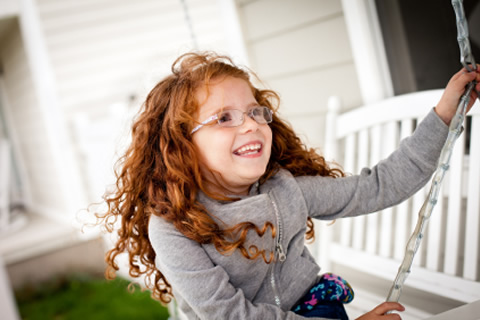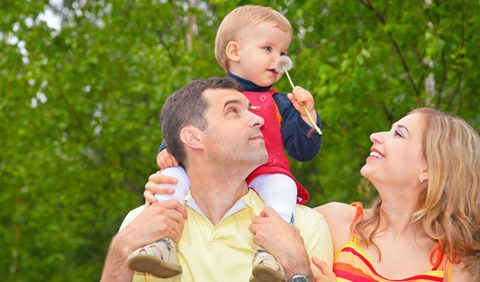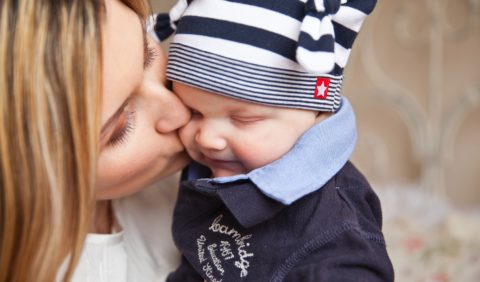Temperaments

All children are different and their temperament will be too.
Part of a child’s personality can be described as their temperament.
Temperament is a set of traits that forge a child’s personality.
A child is born with these traits and determine how the child goes about their world.
Shortly after birth you will be able to establish the type of temperament that your child has.
Some children are always happy and smile and others are shy and slow to warm up to people, while others are outgoing.
A child’s temperament influences how they react to situations and interact with others and deal with the world. It also affects how others deal with them.
Young children tend to react to situations in a predictable way once you get to understand their own idiosyncrasies and therefore, we can understand them better and predict how they will handle situations.
Temperament is a child’s general mood (fussy, happy); their activity level (adventurous or cautious for example); their adaptability; their reactions to new situations and their sleeping, eating cycles, etc.
The characteristics of a child’s temperament are never to be seen as good or bad as how they are received determines how a child perceives themselves.
Knowing a child’s temperament allows for specific strategies in your approach with dealing with your child.
Be mindful that labeling children is not advised.
At least 35% of children are your ‘typical’ child and therefore doesn’t fit into any of the types mentioned.
These are the primary temperament styles. These 3 types of temperament does not account for all children.
They generally adapt to situations.
Additionally, they are flexible as well as being predictable… eating and sleeping on schedule.
A child who has a more challenging or difficult temperament will be more prone to crying a lot, fearful, withdrawn and are generally unpredictable.
They initially appear to have the traits of the difficult children but once they have ‘warmed up’ they are more like the easy children.






